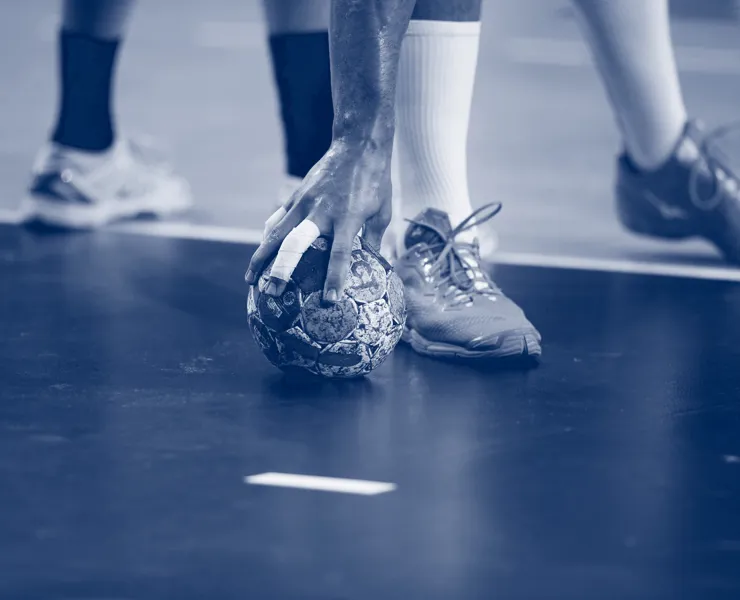Coming back to Montpellier, I had already signed with Ciudad Real for the summer of 2003, and the deal was sealed six months before. That club from Spain had called me two years earlier already. Their president Domingo Diaz wanted me as part of a team to win the Champions League. But it was too early. I felt I would only be one part of the puzzle, more than playing a big role in the team.
Of course, in the early 2000s, Spain was the place to be in handball. Barça, Ciudad Real, Valladolid, Leon, it was something else, and the money was there, too. Just look at the names playing in Ciudad Real: Olafur Stefansson, Siarhei Rutenka, Alberto Entrerrios, Arpad Sterbik, Mirza Dzomba, Julen Aguinagalde, Rolando Urios…
But I was waiting for the right time. Domingo Diaz called two winters in a row, and I would listen respectfully. Today, players would probably jump on the train thinking it will never come around again. But 20 years ago, moving to Spain was a big leap.
But I took it. I wanted to play in one of the biggest clubs in the world. I wanted to become one of the best defenders in the world. In Ciudad, I met Talant Dujshebaev and Raul Gonzalez. Both took over in 2005, two years after I arrived, and they changed the way I saw handball. It always makes me smile when everybody says that about Talant and Raul, but it is true.
They taught me to analyse what I was doing and why I was doing this or that. Why I was putting my foot one way or another. Both taught me handball again. I was good before; I was in control after.



































